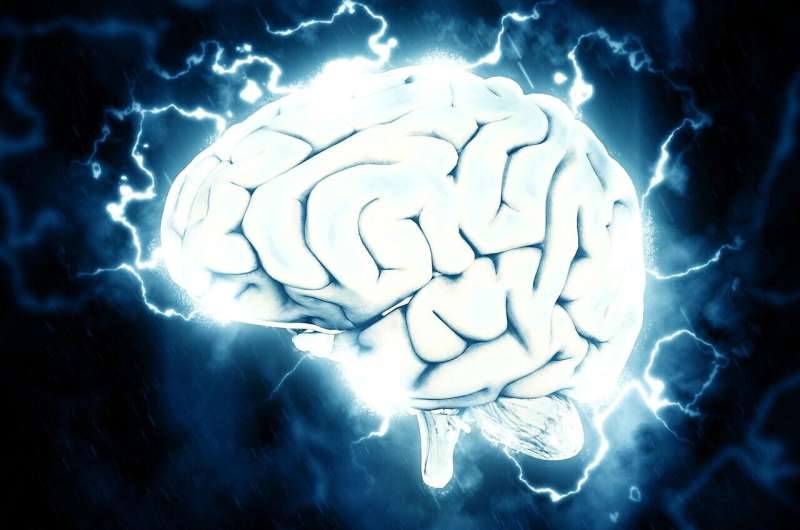Understanding the Brain Age Gap and Its Impact on Cognitive Functions

The brain age gap measures how much faster or slower your brain ages compared to your actual age. Recent research shows its significant impact on cognitive performance and risk assessment for cognitive decline, especially among those with vascular health issues.
The brain age gap refers to the difference between an individual's predicted biological brain age, assessed through advanced neuroimaging techniques, and their actual chronological age. This measure offers insights into how well the brain is aging relative to the person's age and can provide valuable information about cognitive health.
Recent research published in the journal Neurology highlights that a larger brain age gap may be linked to increased risks of cognitive impairment, especially when combined with known risk factors such as high blood pressure, diabetes, and cerebrovascular disease. These diseases tend to accelerate brain aging, leading to reductions in brain volume and blood vessel integrity, which can detrimentally influence thinking and memory skills.
Neuroimaging advancements have enabled the use of machine learning models trained on brain scans to accurately estimate the biological age of the brain. Researchers then calculate the brain age gap by subtracting the actual chronological age from this estimated age. A positive gap indicates that the brain appears older than expected, suggesting accelerated brain aging.
The study involved 1,437 adults without dementia, with an average age of 66. They underwent comprehensive assessments including medical history, physical exams, laboratory tests, and brain imaging. Researchers also evaluated various risk factors for cognitive decline—such as ethnicity, education, smoking history, body mass index, depressive symptoms, blood pressure, and stroke history—and created an overall risk score.
Findings demonstrated that higher risk factor scores were consistently associated with poorer performance on cognitive tests, particularly in areas like visuoconstruction and visuomotor speed. Importantly, the brain age gap influenced this relationship, especially among individuals with cerebrovascular disease markers such as microbleeds or infarcts. The data revealed that the brain age gap mediated 20% of the link between risk factors and cognitive performance overall, reaching up to 34% for executive functions like planning and problem-solving.
Dr. Saima Hilal, the study's lead author, emphasized that the brain age gap could serve as a useful biomarker in identifying individuals at greater risk for cognitive decline. Understanding and monitoring brain aging patterns might help in developing targeted interventions to preserve cognitive functions, particularly in populations with vascular health issues.
Nevertheless, the study's limitations include its focus on Southeast Asian individuals, which may restrict the generalizability of the results. Further research is needed to explore how lifestyle factors such as diet, exercise, and genetics influence brain aging and cognition.
In summary, the brain age gap provides a promising tool for early detection of cognitive aging processes and could help guide preventive strategies to mitigate the impact of vascular and other risk factors on cognitive health.
Source: https://medicalxpress.com/news/2025-06-brain-age-gap-affect-memory.html
Stay Updated with Mia's Feed
Get the latest health & wellness insights delivered straight to your inbox.
Related Articles
Potential of Alzheimer's Medication to Improve Social Skills in Youth with Autism
A groundbreaking study suggests that memantine, an Alzheimer's drug, may enhance social skills in youth with autism, especially those with elevated brain glutamate levels, paving the way for personalized treatments.
Understanding How Myelin Damage in the Brain Can Trigger Seizures in Multiple Sclerosis
Recent research links demyelination in multiple sclerosis to increased seizure activity, highlighting potential targeted treatments to address this neurological complication.
High Risk of Sudden Cardiac Death in Male Bodybuilders, Especially Competitors
A significant number of sudden cardiac deaths have been reported among male bodybuilders, especially professionals, highlighting the health risks associated with extreme training and substance use. This research urges safer practices and medical supervision to protect athletes' heart health.



